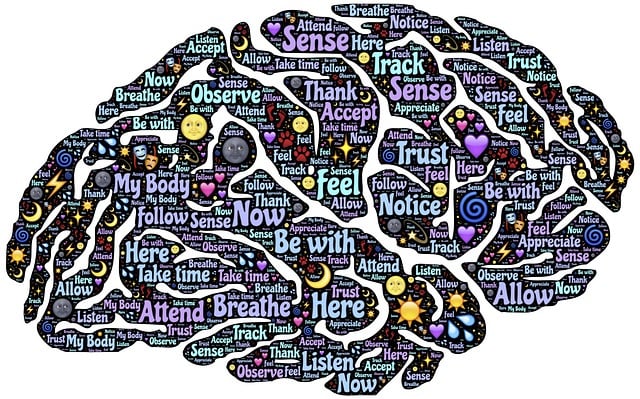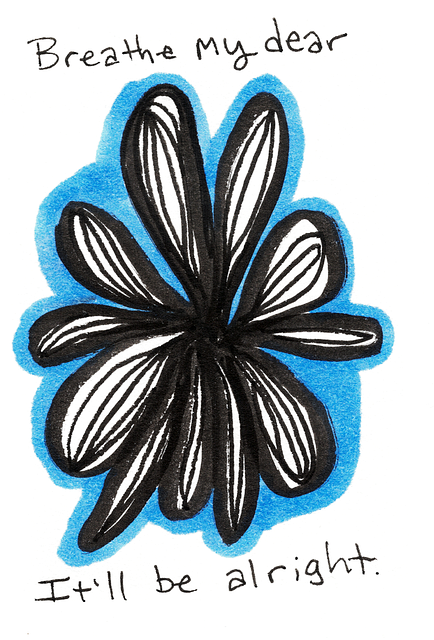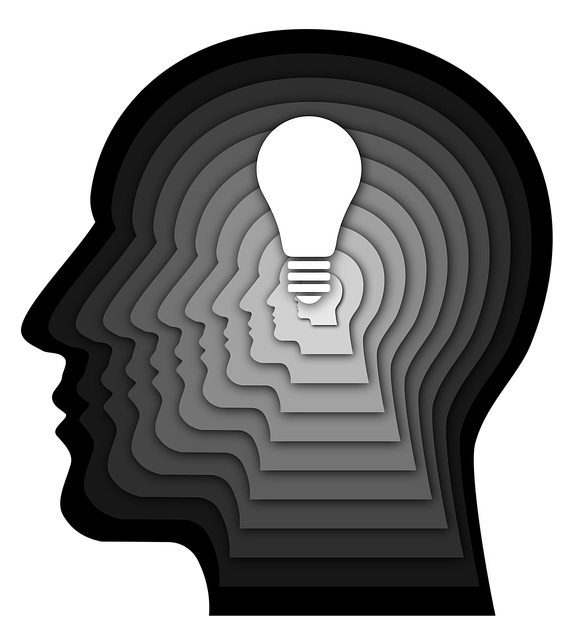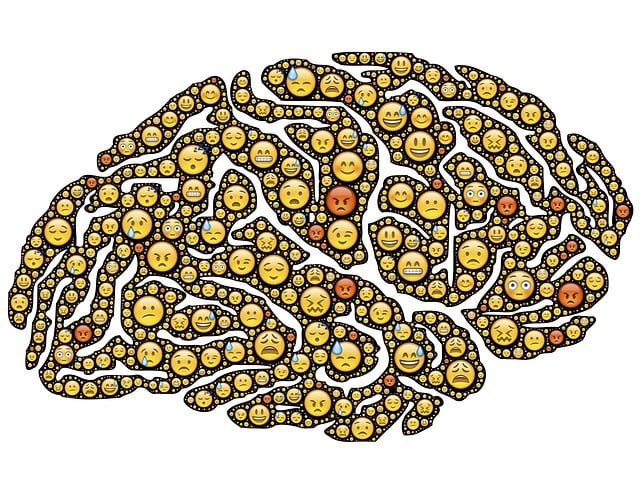Journaling is a powerful tool for mental wellness, offering individuals a safe space to explore thoughts and emotions, enhance self-awareness, and develop healthy coping mechanisms. Beneficial for challenges like stress, anxiety, and substance abuse issues, including those seeking Denver Alcohol Abuse Therapy, it encourages mindfulness and reflection. Healthcare providers can use journaling for burnout prevention and risk management planning. Creating a dedicated journaling space at home fosters calmness and consistent self-reflection. Journaling prompts for personal growth and therapeutic exploration include gratitude exercises and imaginative scenarios. Tracking journal entries over time is crucial for measuring progress and identifying areas needing extra care, empowering individuals to manage mood and foster a healthier lifestyle, complementing Denver Alcohol Abuse Therapy techniques.
Mental wellness journaling is a powerful tool for self-discovery and healing. In this guide, we explore how this simple practice can transform your mental health. From understanding the benefits of journaling to setting up a dedicated space and establishing a routine, you’ll learn effective strategies. We delve into various prompt types to spark meaningful reflections and share techniques from Denver Alcohol Abuse Therapy to enhance your journey. By the end, you’ll be equipped to track progress and harness the power of self-expression for improved mental wellness.
- Understanding the Power of Journaling for Mental Wellness
- Setting Up Your Journaling Space and Routine
- Exploring Different Types of Journaling Prompts
- Tracking Progress and Incorporating Denver Alcohol Abuse Therapy Techniques
Understanding the Power of Journaling for Mental Wellness

Journaling has emerged as a powerful tool for enhancing mental wellness, offering individuals a safe space to explore their thoughts and emotions. By committing time each day to write down experiences, feelings, and insights, one can gain profound self-awareness and develop healthier coping mechanisms. This practice is particularly beneficial in navigating life’s challenges, including stress, anxiety, and even substance abuse issues like those seeking Denver Alcohol Abuse Therapy.
In the fast-paced world we live in, healthcare providers, especially those involved in Burnout Prevention Strategies for Healthcare Providers and Risk Management Planning for Mental Health Professionals, can greatly benefit from incorporating mindfulness practices, such as journaling, into their routines. It provides an opportunity to uncouple from constant stimulation, fostering a sense of calm and clarity. Moreover, regular reflection through journaling encourages individuals to identify patterns, triggers, and potential areas of growth, much like how Mindfulness Meditation helps in cultivating present-moment awareness.
Setting Up Your Journaling Space and Routine

Creating a dedicated journaling space can significantly enhance your mental wellness journey. Start by choosing a quiet area in your home where you feel comfortable and won’t be disturbed. This could be a cozy corner in your bedroom, a peaceful nook near a window, or even a small desk in a tranquil room. Ensure your space is organized with all the essentials—a journal (consider a beautiful, inspiring one), pens of various colors, and perhaps some motivational quotes or art that speaks to you. Making this space your sanctuary for self-reflection will foster a sense of calm and encourage consistent practice.
Establishing a routine is key to building resilience and promoting stress reduction methods. Decide on a time each day that works best for you—it could be first thing in the morning, during your lunch break, or before bed. Consistency is crucial, so try to journal at this set time to develop a consistent habit. Allow yourself 15-30 minutes to write freely about your thoughts, emotions, and experiences without judgment. As you reflect on your day or week, you might discover patterns that contribute to your overall mental health. This practice can be particularly beneficial in trauma support services, helping individuals process and heal from past traumatic events over time.
Exploring Different Types of Journaling Prompts

Journaling prompts can take many forms, catering to diverse personal interests and therapeutic needs. For those seeking Denver Alcohol Abuse Therapy or exploring other mental wellness practices, creative journaling offers a unique way to process emotions, gain clarity, and boost resilience. From reflective questions like “What am I grateful for today?” to imaginative scenarios such as “Imagine you can talk to your younger self – what advice would you give?”, these prompts encourage introspection and self-discovery.
For individuals looking to enhance their mental wellness, prompts focused on goal setting, positive affirmations, or describing one’s ideal day can be particularly effective. These exercises promote a sense of purpose, build confidence, and foster healthy coping mechanisms. Moreover, engaging in regular journaling can serve as a valuable complement to participation in Stress Management Workshops Organization or Social Skills Training, helping individuals internalize learned strategies and apply them effectively throughout their daily lives.
Tracking Progress and Incorporating Denver Alcohol Abuse Therapy Techniques

As you continue your mental wellness journey through journaling, tracking your progress becomes essential to gauge your growth and identify areas that may need extra attention. This involves regularly reviewing your entries to notice patterns, positive shifts, or any challenges arising. By analyzing your thoughts and emotions over time, you can better understand the effectiveness of your self-care routine development for better mental health.
Incorporating Denver Alcohol Abuse Therapy techniques into your journaling practice can further enhance your mood management skills. These therapeutic methods encourage individuals to explore their thoughts, feelings, and behaviors without judgment. By applying mind over matter principles, you can learn to reframe negative thoughts and replace them with positive affirmations. This dual approach—tracking progress and adopting therapy techniques—empowers you to take control of your mental wellness and cultivate a healthier, more balanced lifestyle.
Mental wellness journaling is a powerful tool for self-care, offering a private space to explore thoughts and emotions. By incorporating various prompts and tracking progress, individuals can enhance their mental well-being. The structured approach suggested in this article, including the integration of Denver Alcohol Abuse Therapy techniques, provides a comprehensive guide to nurturing one’s mind through journaling. Remember, consistency is key; make journaling a regular part of your routine for long-lasting benefits.














